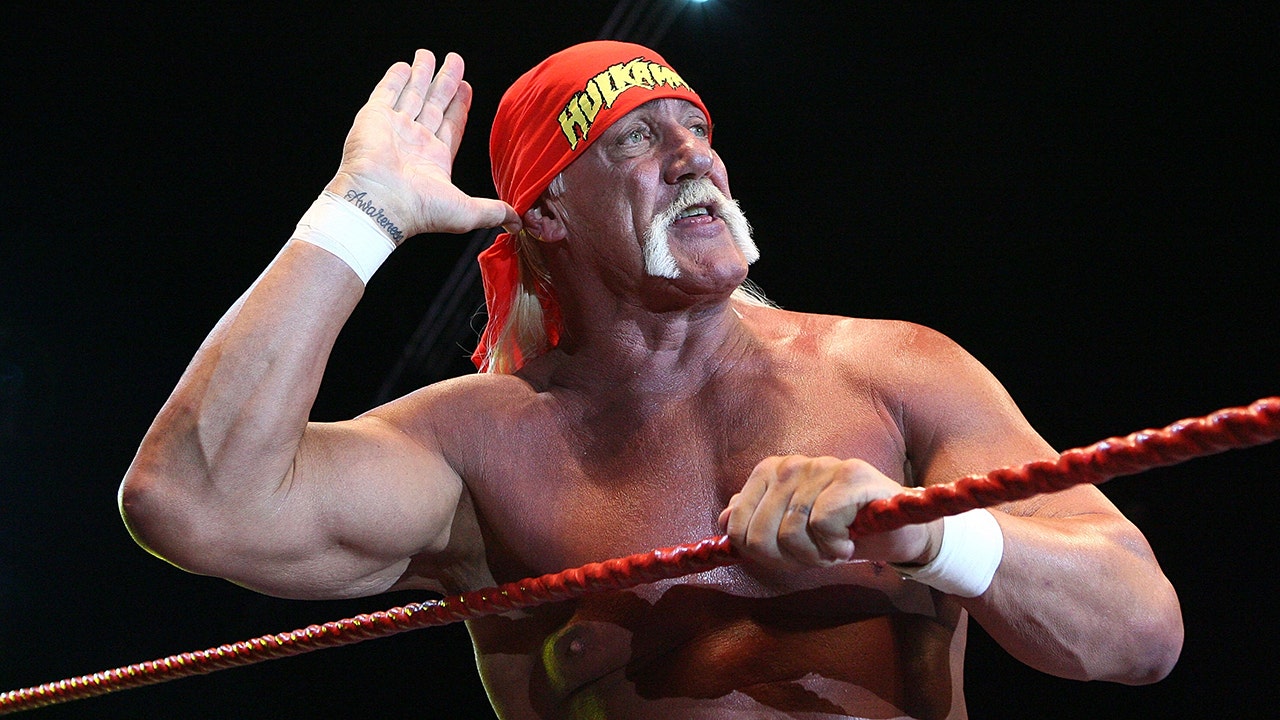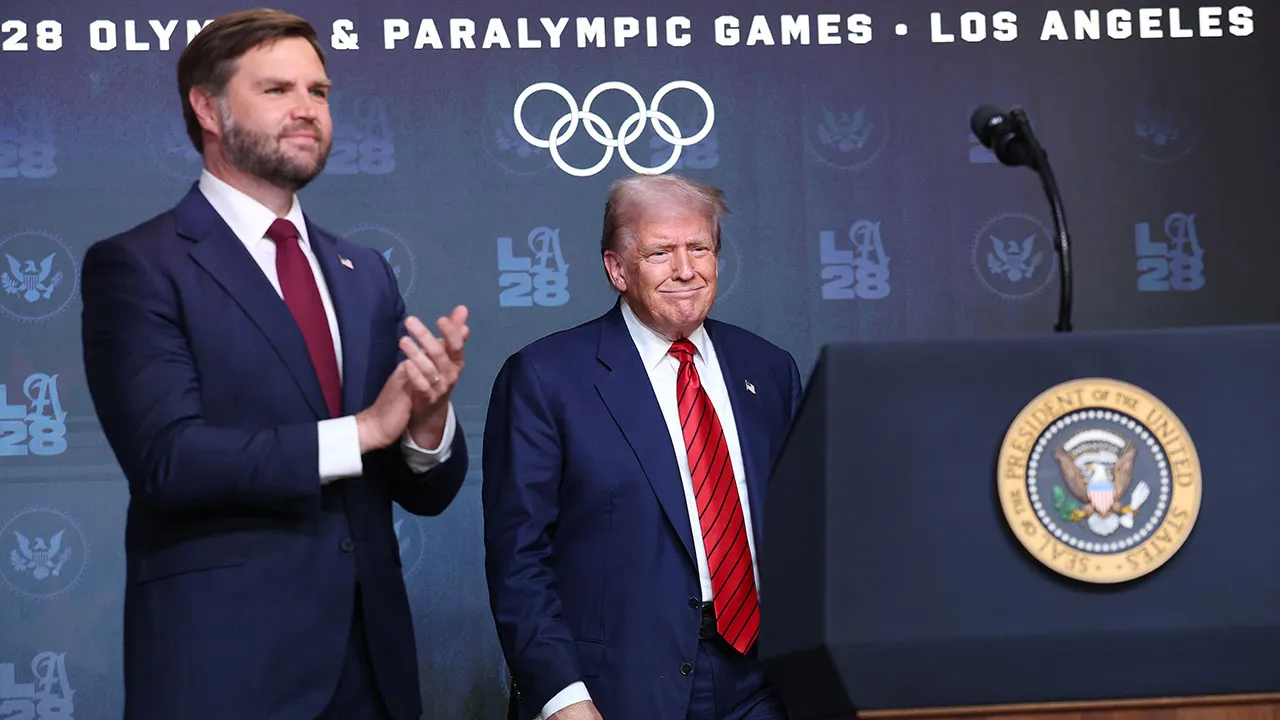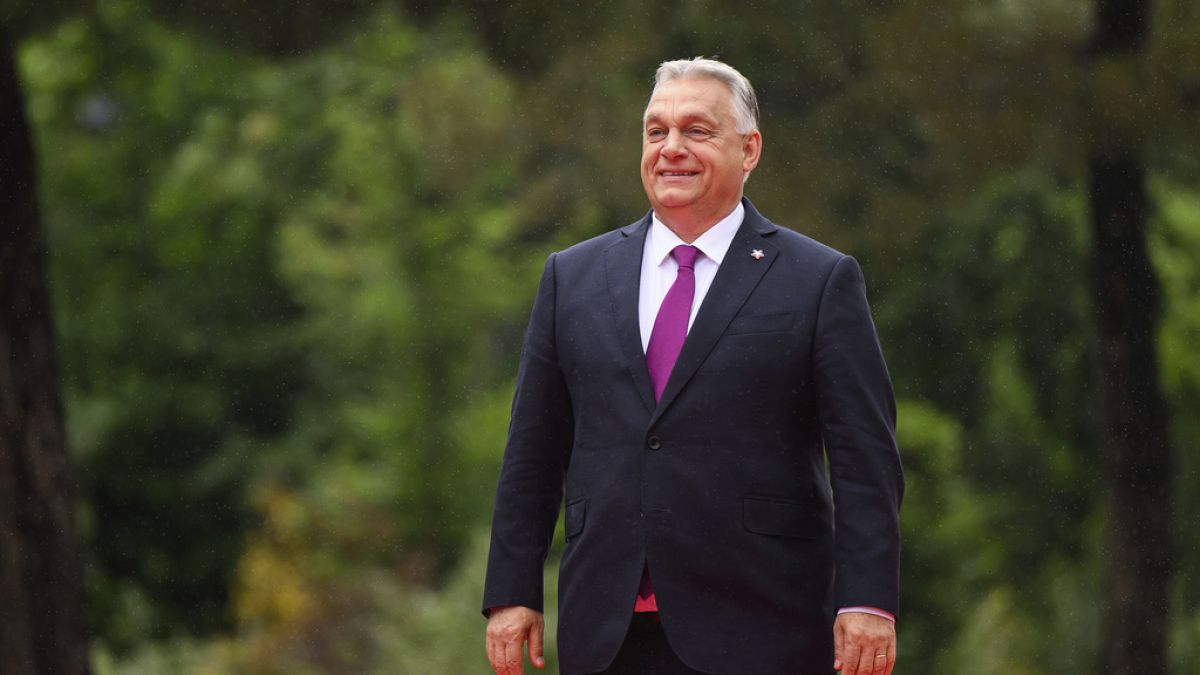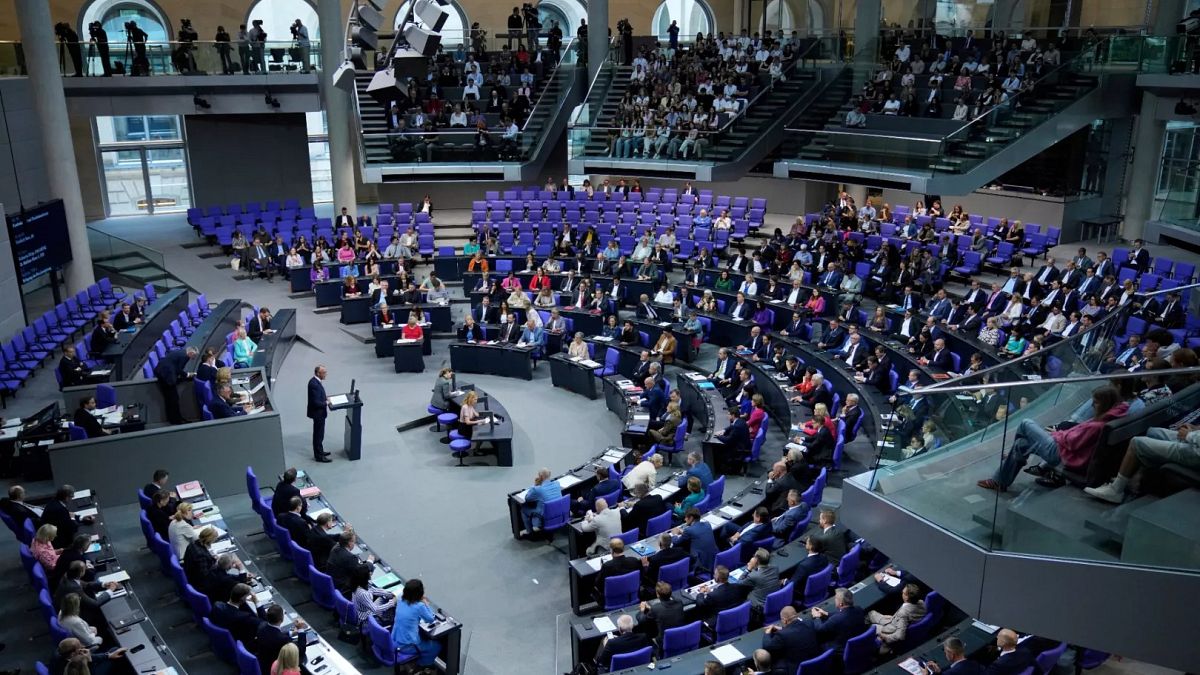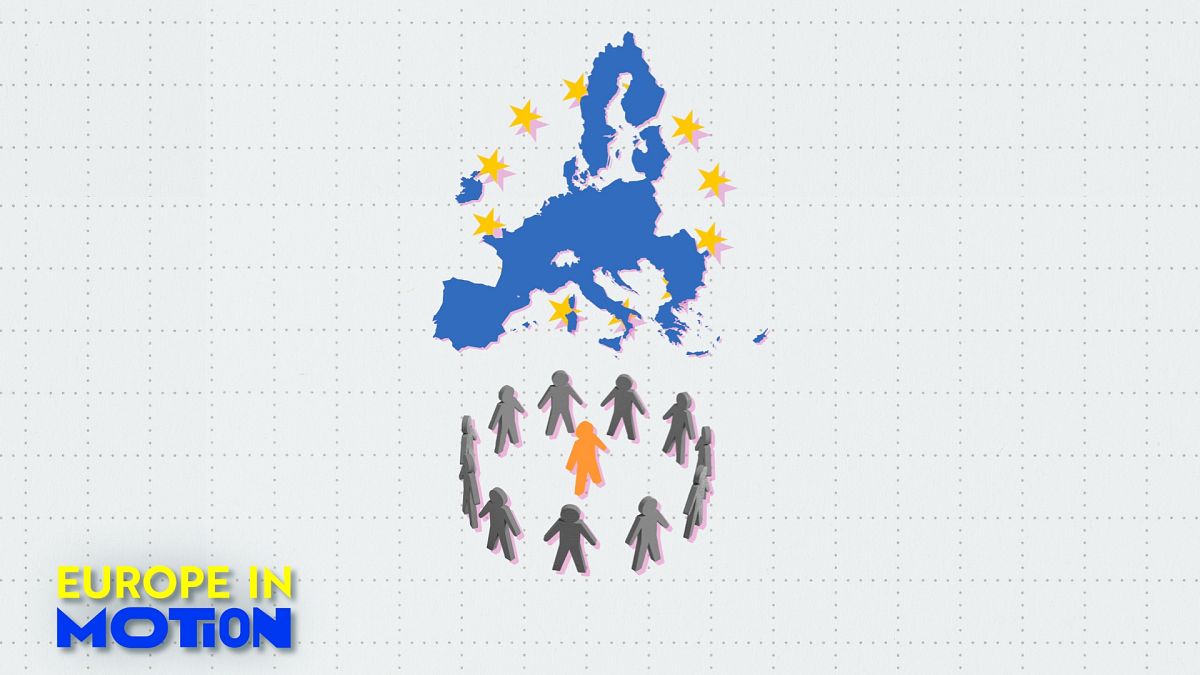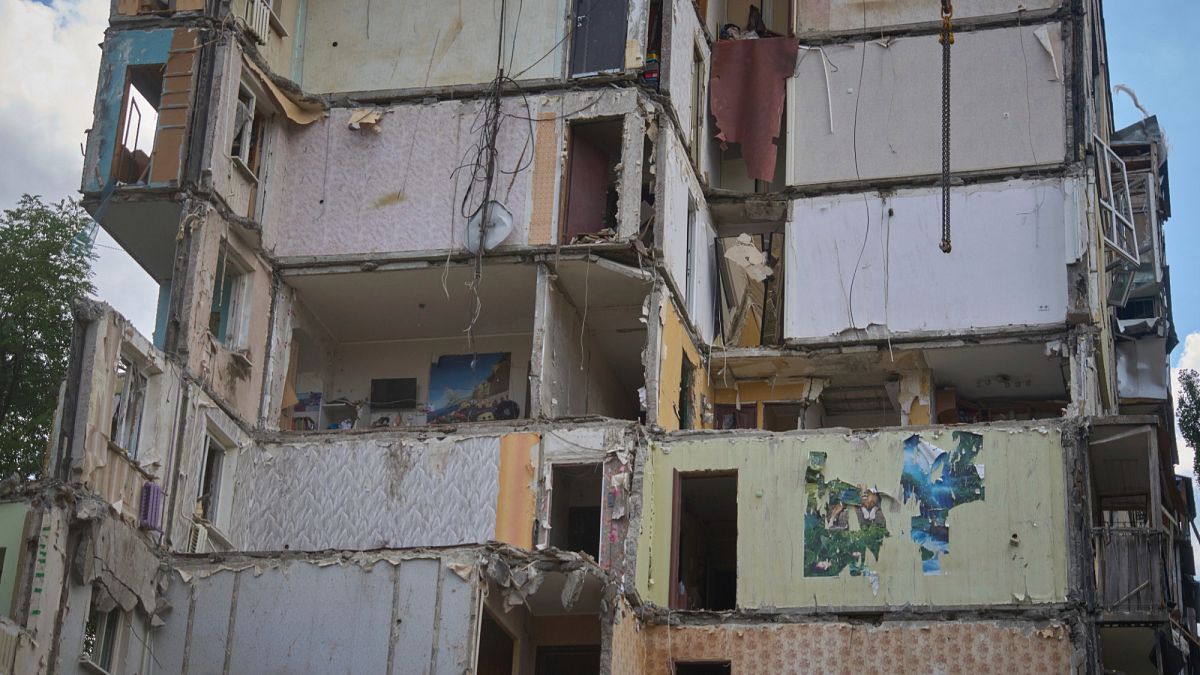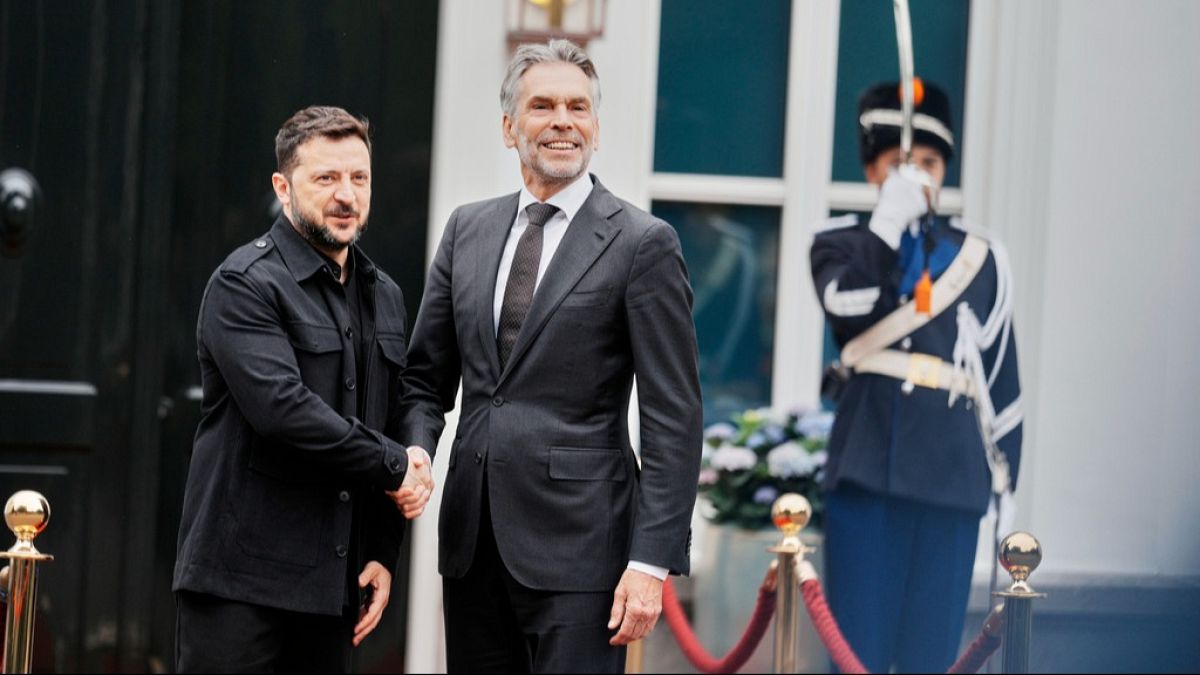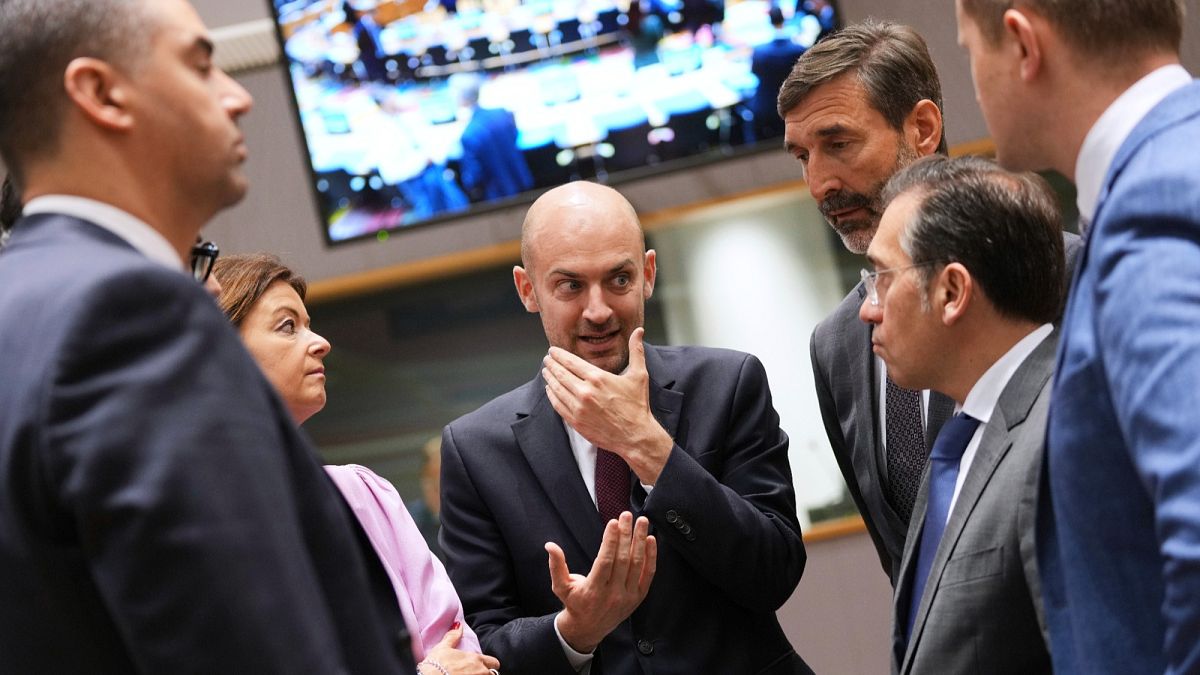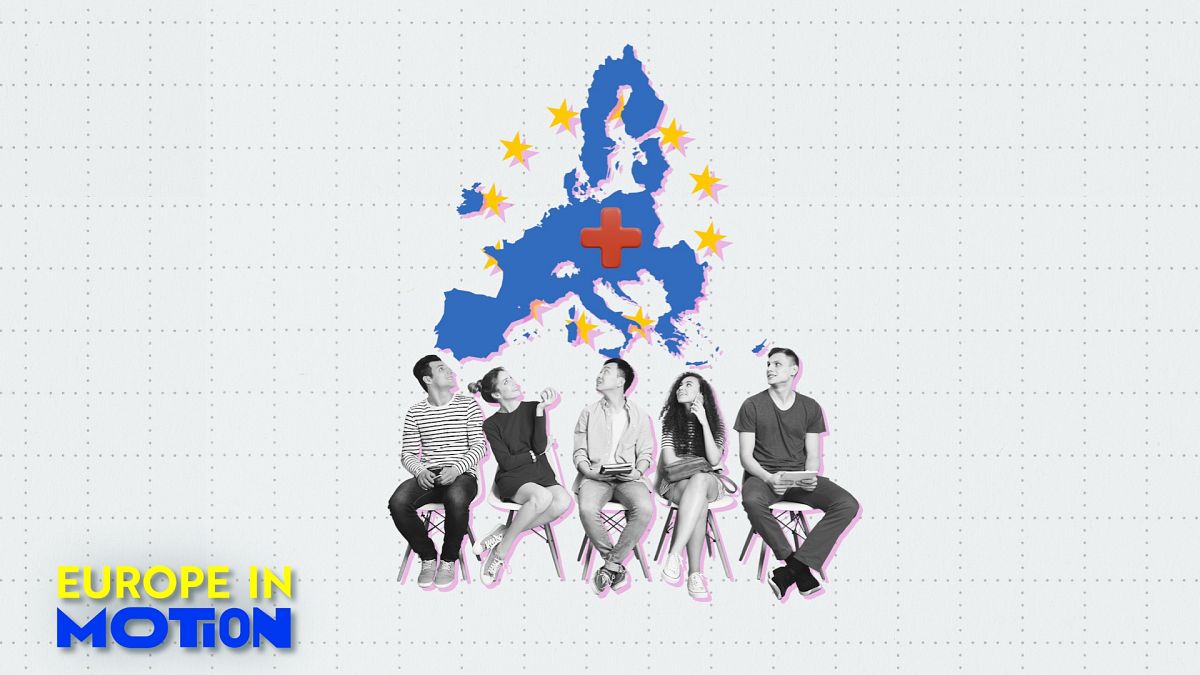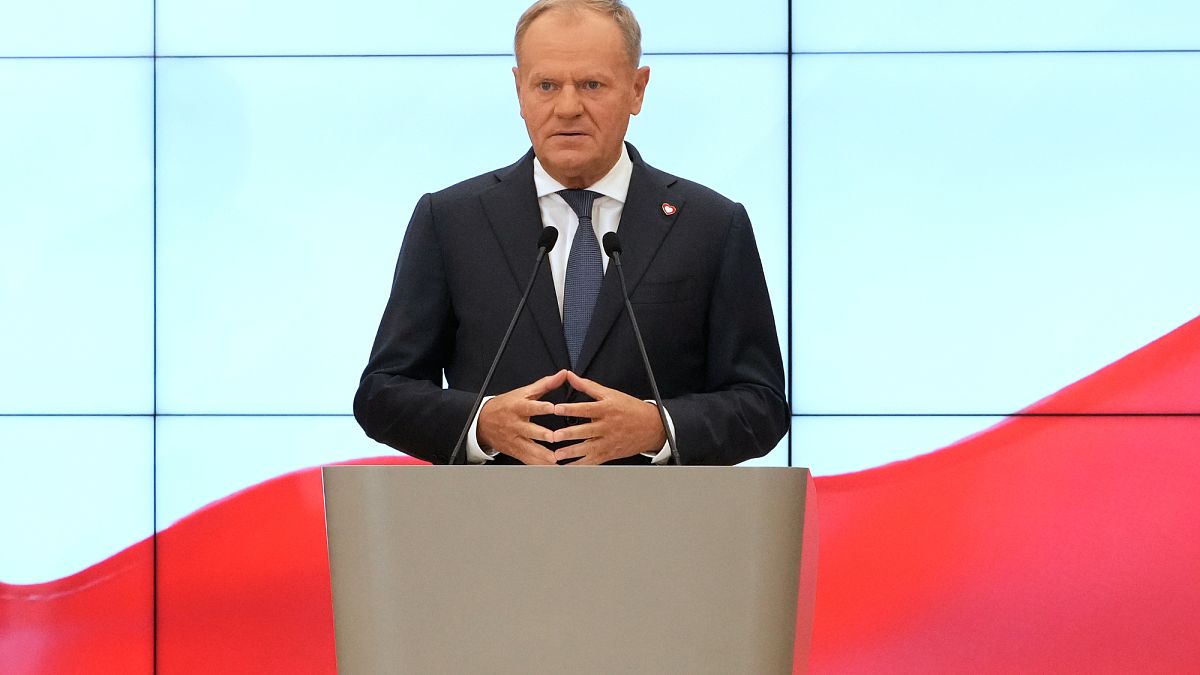Published on
EU ministers will not call for the deployment of sanctions under Article 7 against Hungary when they meet for a hearing on the issue in Brussels on Wednesday because they lack the requisite majority, an EU diplomat said on Tuesday.
Ministers of EU affairs will gather on Tuesday in Brussels to hold a hearing over the state of democracy and the rule of law in Hungary in the framework of the Article 7 process, which could see Hungary’s voting rights suspended.
The process began in 2018 when the European Parliament called for Hungary to be sanctioned because of alleged rule of law violations, especially in the field of justice and media freedom. The Council has discussed the issue eight times subsequently, but has never taken the step of triggering the next stage in the Article 7 process, in which member states would be called on vote on sanctions.
“What’s clear to me is that I’m not sure that we at this stage have the required votes,” the diplomat said, saying if there will ever be an appetite to go further.
Normally, at Article 7 hearings, Hungary presents a readout on the rule of law situation and other member states can subsequently intervene, raise issues and ask questions. At Tuesday’s hearing, the government’s ban on the Budapest gay pride march, and the new draft law called Transparency Law, which could potentially limit the work of foreign-funded media in the country, are both likely to be raised.
“I think some member states will raise it. I cannot really tell you how it will be discussed,” the diplomat said, adding: “The aim now is to provide the Council with updated information and a picture of the situation in Hungary.”
The Article 7 process has two phases: in the current first phase member states organise hearings in order to get a clear picture to understand the situation in the country in question. While in the second phase of the process, the Council could decide on possible sanctions. The strongest sanction – often referred to as the nuclear option – is the suspension of the voting rights of the member state. Member states may only decide on sanctions by unanimity of all member states except the country in question. Alternately, if 80% of member states agreed, they could reprimand Hungary for persistent breach of EU rule of law principles. There is no clear majority for either option at the moment, the diplomat said.
Earlier, Robert Fico’s Slovakia made it clear it would block any attempt to punish Hungary. In January 2024, the Slovakian politician said that while he remained in office, he would never let a country be punished for standing up for its national sovereignty. Other countries might also refuse to sanction Hungary.
Hungary has previously described the Article 7 process as a political witch hunt against its government, which has lobbied for the EU sanctions regime to be reformed.
Poland was previously subject to an Article 7 process, but the pro-EU government of Donald Tusk reversed controversial justice reforms, which saw the Article 7 process dropped.

